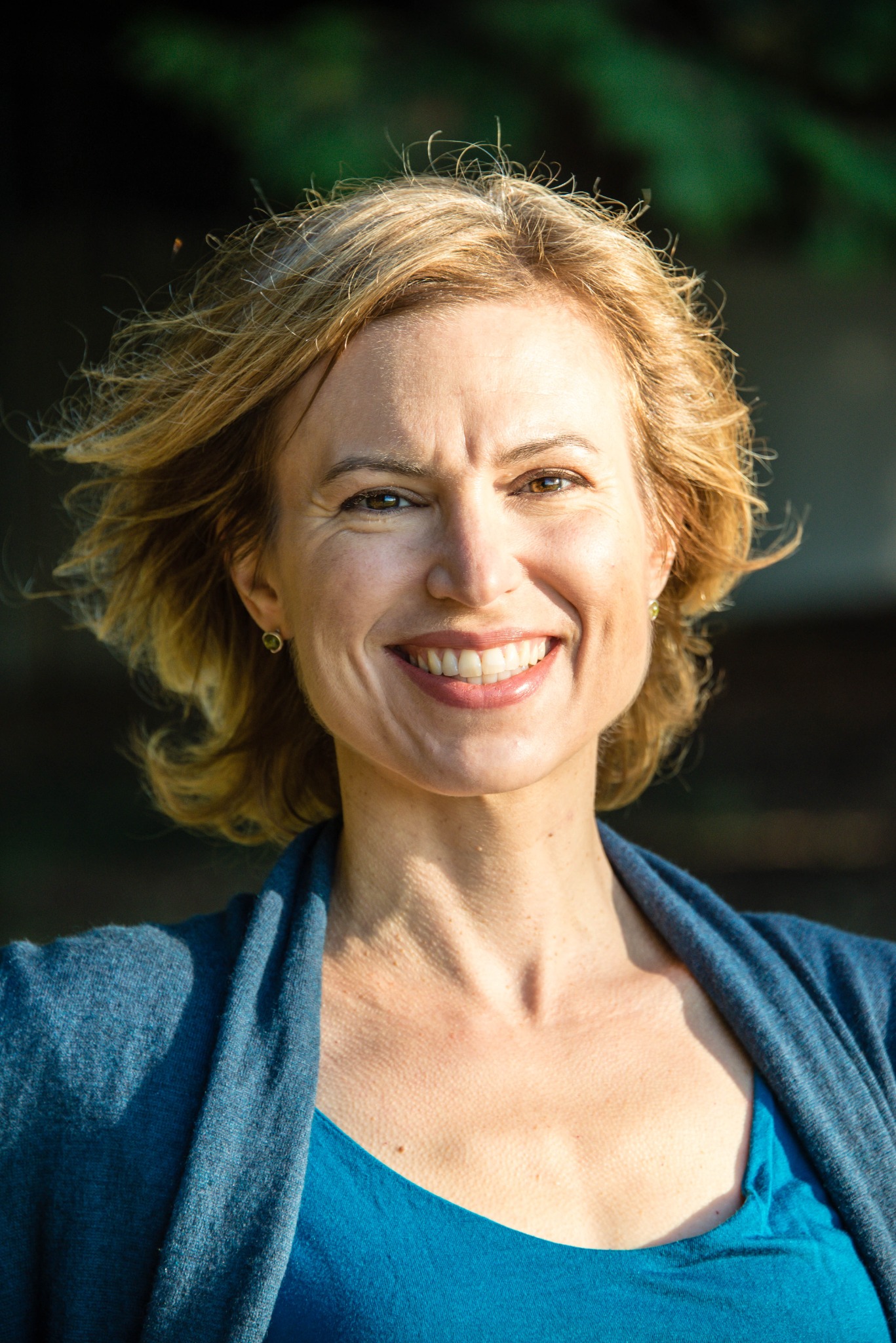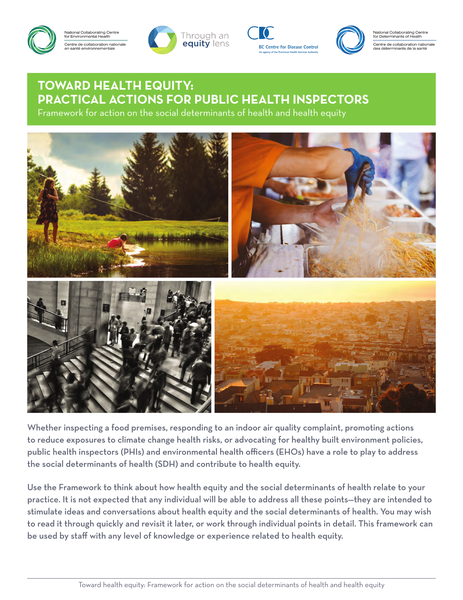
Karen Rideout, PhD
I am a human ecologist with over 20 years' experience in population health and equity, food systems, and healthy environments.
I believe that people, society, and the planet need to be healthy in order for our world to thrive. We can achieve that if healthier choices are the easiest choices and when all people have equitable opportunities to live healthy lives.
My Services
I love complexity — seeing how all the messy parts connect to make something whole. My process is a little like untangling a crazy pile of yarn, making nice tidy skeins, and then weaving or knitting them into something else. Or turning a pile of scraps into a quilt. You can still distinguish all the original elements but together they create something new. All the original pieces keep their integrity yet are somehow easier to see as parts in a whole new thing.
As a knowledge creation, translation and implementation specialist, I create new knowledge, synthesize existing information, and help put it into practice. I will ask creative questions to answer complex questions, assess needs and gaps, and help you use research evidence and practical knowledge for practice and policy development.
My expertise in evidence-informed policy and guidance can help you move from theory to practice. I will integrate diverse types of knowledge from multiple sources to develop policies, practical tools, and effective guidelines.
As an educator, speaker and facilitator, I support professional development, engagement, and cross-sector collaboration. I can help you build capacity and guide practice change, develop curriculum and deliver training, and facilitate planning sessions or workshops.
My work
These are some highlights from previous projects.

Mental Health & Well-being: Considerations for the built environment
Healthy Built Environment (HBE) Linkages Toolkit, by focusing specifically on mental health and well-being impacts of community planning and design related to neighbourhood design, transportation networks, natural environments, food systems, and housing.

Health Equity Workshop

Guidelines to Minimize Wasted Food and Facilitate Food Donations
Can focus groups be a tool for change? Introducing health equity to environmental public health practice

Handbook of Equity in Environmental Public Health Practice
Fish for Dinner? Balancing Risks, Benefits, and Values in Formulating Food Consumption Advice

Finding Balance: Food Safety, Food Security, and Public Health

Toward Health Equity: Practical Actions for Public Health Inspectors framework
Policy options for healthier retail food environments in city-regions

